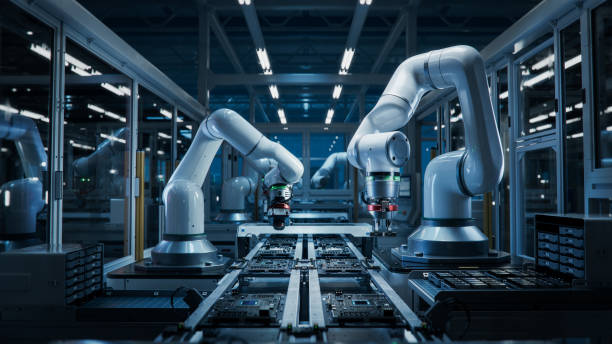Careers in Electric Vehicle Engineering and Manufacturing
The shift to electric vehicle technologies is changing the automotive job landscape worldwide. This article provides general career information about roles in electric vehicle engineering and manufacturing and is not a listing of current job openings. Readers should verify specific vacancies, employer requirements, and immigration rules with official sources before making decisions.

What roles exist in electric vehicle engineering?
Electric vehicle engineering covers vehicle systems, battery design, power electronics, software, and controls. Typical roles include systems engineers, battery engineers, embedded software developers, and test engineers. Employers seek candidates who understand high-voltage safety, thermal management, and simulation tools. Experience in multidisciplinary projects and familiarity with industry standards improves candidacy, but exact job titles and responsibilities vary by employer and region.
How does automotive manufacturing adapt to EVs?
Automotive manufacturing for electric vehicles involves retooling assembly lines, integrating battery pack production, and adjusting quality-control protocols. Workers with skills in automation, robotics, and lean manufacturing are increasingly valuable. Manufacturing roles can range from production technicians and process engineers to plant managers overseeing new workflows. Knowledge of supply-chain coordination and component traceability is important as manufacturers integrate new suppliers for EV-specific parts.
What technical skills do employers seek in engineering?
Employers prioritize electrical engineering fundamentals, power electronics, battery chemistry basics, and embedded systems development for electric vehicle roles. Practical skills include CAD, MATLAB/Simulink, battery management system (BMS) design, and diagnostic testing. Soft skills such as cross-functional communication and project management support engineering work across departments. Certifications and documented project experience help demonstrate capability, but requirements differ by role and company.
How do automotive careers differ in Japan?
Japan has a mature automotive sector with established manufacturers and a growing electric vehicle ecosystem. Careers in Japan may emphasize collaboration with suppliers, quality engineering, and hybrid-to-EV transition programs. Language skills and familiarity with local engineering practices can be advantageous. This overview is general; for specific employment rules, visa processes, and company hiring policies in Japan, consult official employer listings and government immigration resources rather than relying on this article alone.
What are pathways into manufacturing and supply-chain roles?
Entry into manufacturing and supply-chain roles often begins with technical diplomas, vocational training, or on-the-job apprenticeships. Advancing to engineering or supervisory positions typically requires additional training in process optimization, quality systems, or industrial engineering. Supply-chain roles demand skills in procurement, logistics, and supplier management, especially for sourcing battery components and rare-earth materials. Networking with local services, industry associations, and training providers helps candidates find relevant opportunities in their area.
Conclusion
Electric vehicle jobs span a broad spectrum of technical and operational roles across engineering and manufacturing within the automotive sector. This article offers general guidance on skillsets, typical responsibilities, and regional considerations such as those relevant to Japan. It does not present specific job openings; readers should verify current vacancies, employer requirements, compensation, and immigration guidance through official employer websites, recruitment platforms, and government sources before taking action.






